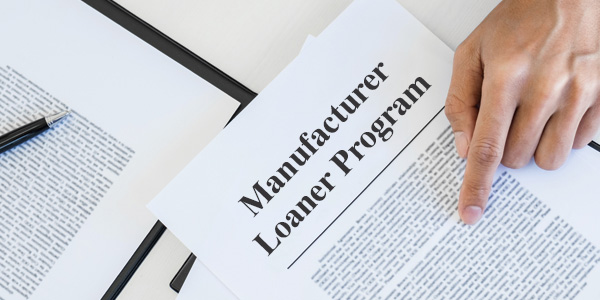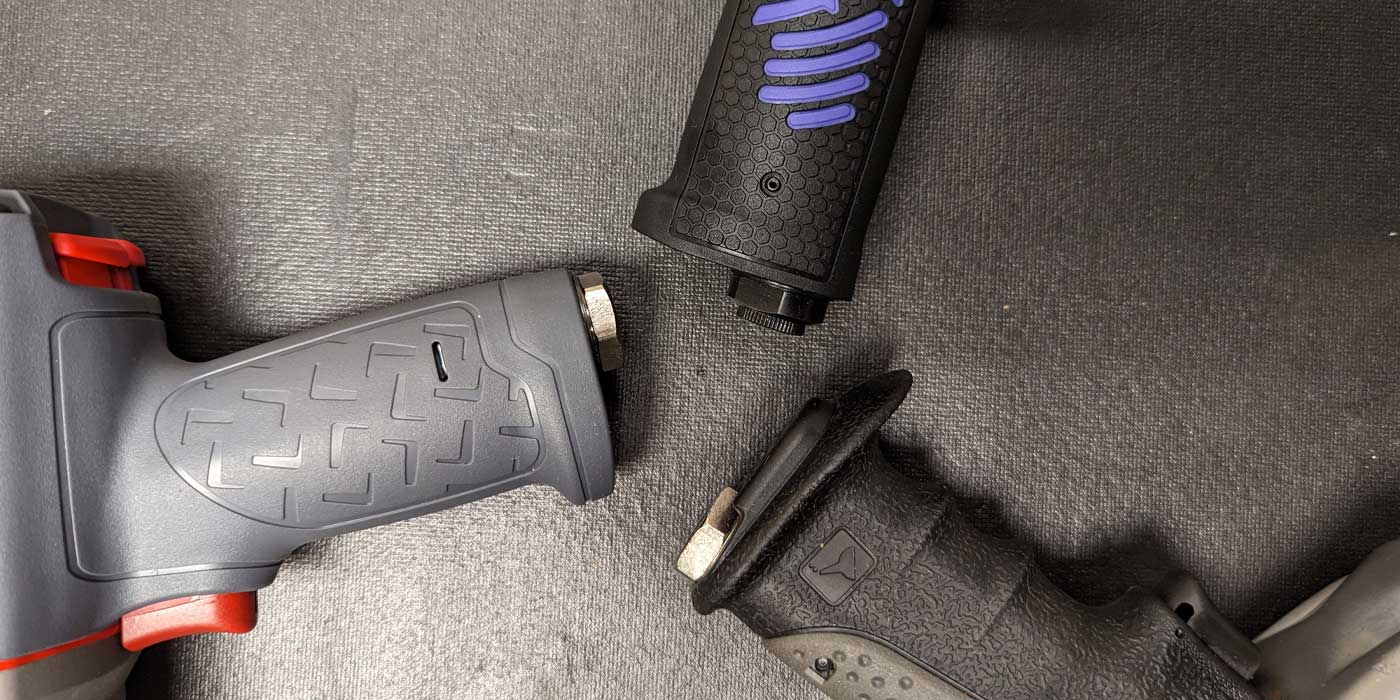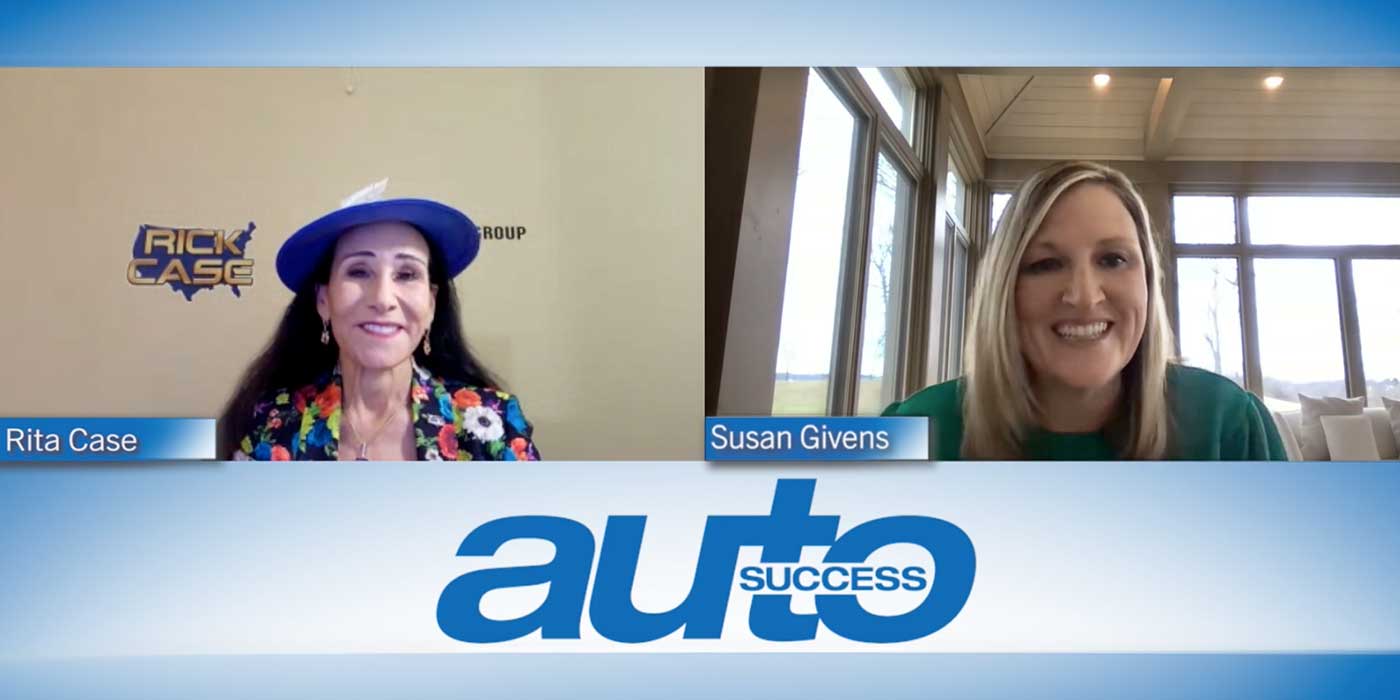I speak with several dealers a day about their service loaner fleets. From my experience, dealer knowledge about their fleet metrics and profitability varies greatly. Some dealers have their fleet management down to a science and make a great deal of money by carefully tracking their loaner vehicles. Other dealers have no loaner fleets or very small fleets with many preferring to contract loaner management out to third parties.
Part of what I do each day is explaining some basic principles to follow and metrics to track to ensure dealers maximize the value of their fleet. Below I provide a brief summary of these principles and metrics.
Maximize Fleet Turns
We know that volume in new and used car sales is the key to generating a healthy bottom line. The same is true with your loaner fleet. Most dealer incentives kick in when a loaner vehicle hits a certain minimal mileage and service period. With one major manufacturer, for example, that minimum limit is 90 days and 2,000 qualifying miles. The key is to ensure when a vehicle hits 90 days it already has the 2,000 qualifying miles. Leaving the vehicle in the fleet longer than 90 days and the 2,000 qualifying miles is a common mistake for two reasons:
1. It decreases the number of fleet turns in a year, which in turn decreases your total annual incentive money.
2. The residual value of the car begins to quickly diminish as miles increase.
One of our dealers stated he more than doubled his profit per car by adhering tightly to the manufacturer minimal guidelines, thus maximizing fleet turns and incentive dollars.
Maximize Fleet Utilization
Another key to making sure you maximize the value of your fleet is to ensure you have high fleet utilization. You do not want to have cars sitting on your lot not being used since each vehicle in your fleet represents a cost to your dealership. In addition, given a set level of customer demand for loaner cars, the more loaner cars on your lot, the lower the fleet turn rate.
One issue that impacts fleet utilization is the number of days a vehicle remains with the customer after the RO closes out. It is critical that dealers contact the customer as soon as the RO closes out to arrange for customer pickup or dealer delivery of the customer’s vehicle.
As a best practice, we recommend dealers clearly state on the rental agreement that customer will be charged a certain rate/day for each day they keep the car after they have been notified the RO is closed out. Adding this notice and making sure the customer understands goes a long way to ensure cars get returned quickly. One of our customers from a high-end luxury brand stated their overdue vehicle days decreased over 90 percent once the customer realized they had to pay for driving the car beyond the RO closeout date.
Avoid Manufacturer Chargebacks
When loaner vehicles are part of a manufacturer program, it is important to follow all program rules to avoid manufacturer chargebacks. As discussed, manufacturer programs have specific guidelines on mileage and length of time the vehicle is mandated to be in service. However, certain manufacturers require that the minimal mileage be qualifying miles and tied directly to an RO.
Understanding all program rules and adhering to them is important to avoid costly mistakes. For example, a dealer called us about a series of chargebacks from the manufacturer auditors totaling over $12,000 because he allowed customers to drive on the same agreement for more than 30 days. The manufacturer rules specified that a single loaner agreement could not exceed 30 days, and if a loaner was required beyond 30 days, the car had to be returned and a new agreement executed.
Keep Track of Incidentals and Charge When Appropriate
Fuel and vehicle damage are costs that the dealer will absorb if the check in/check out process does not ensure fuel levels and pre- and post-rental damage is checked and recorded. Tolls can also be extremely costly if not monitored closely. We recommend that each loaner agreement state in bold language that the customer will be charged for fuel used, vehicle damage (including smoking) and any tolls. Toll collection can be tricky as often the toll comes in after the vehicle is returned. We recommend taking a credit card and authorizing a predetermined amount on the card via a PCI compliant service. If tolls appear later, the card can then be charged.
Decrease Non-Revenue Rentals
Many dealers work to minimize no charge rentals and monitor service manager metrics to track the number of no charge rentals they provide. Dealers with a tight control over fleet usage will charge a loaner to a customer, a manufacturer warranty claim or to an internal department to ensure accountability. While giving no-charge loaners to customers may drive CSI, the downside is a direct cost back to the dealer.
Running a profitable loaner fleet can be challenging. However, we think adhering to some basic rules, tracking key metrics and putting a system in place to support the loaner process can make your loaner fleet a valuable asset, driving both new car sales and increasing service revenue.
Click here to view more solutions from Laura Tierney and ARSLoaner.














